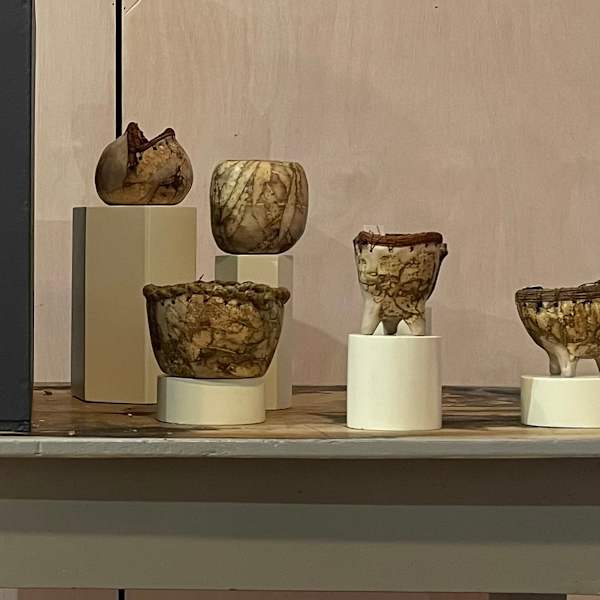There were many grim-faced ghouls with whom I crossed paths in Goring-on-Thames this Halloween. I was on compulsory trick-or-treat outing with my own little devils. It was only on returning to the house that I remembered that the clocks had changed – and, with that, so would the seasons.
As Tasmania adorns its landscape with apple tree blossoms, and marsupials roam with new life in their pouches, the northern hemisphere sheds the last of its autumn leaves, and the land slowly begins to freeze.
It was always around this time of year, when Britain reverted to Greenwich Mean Time, that calling relatives in England became easier, and perhaps they could detect a trace of smugness in my “summer is nigh” countenance.
The axiomatic roles have now reversed, and my birthday signals the beginning of a long season indoors – in hibernation. I take a bite out of my custard cream and cradle a warm mug of tea. The naked plum tree I am looking at in the garden has been ravaged by ominous crows. Wistfully, I revisit the Tasmanian roads mapped in my mind, stretching from peak to gully, and bush to beach.
During this season, we would usually jump into the campervan and seize the October school holidays to explore Tasmania. Over the years, we reached extraordinary corners of the state. Each place had its own unique atmosphere; each with its own stamp in the evolutionary story of Van Diemen’s Land.
One of our trips took us near the western-most point of the state on the Tarkine coast, a wild west feast for the senses with a plaque commemorating the Edge of the World, where the current travels uninterrupted, the longest of its kind, until its first hurdle appears in the shape of its South American cousin, Patagonia.
I can clearly see myself standing at Gardiner Point, admiring the plaque and the sobering words of Brian Inder: “I cast my pebble onto the shore of Eternity. To be washed by the Ocean of Time. It has shape, form and substance. It is me. One day I will be no more. But my pebble will remain here. On the shore of eternity. Mute witness from the aeons. That today I came and stood at the edge of the world.”
I recollect our boat trip along the Arthur River, taking us deep into takayna; its geological footprints older than the Jurassic. I am left with a feeling of awe, not dissimilar to the one that swamps me when walking into Canterbury Cathedral. It’s the same feeling Inder describes in his poem: we are part of something much older and bigger than ourselves.
We continued south into the heart of the Tarkine, towards Corinna, and it was on that drive that I spotted something akin to a thylacine lurking in the undergrowth of the forest, near the Pieman River. I do appreciate that this is a contentious issue, and I will not argue with anyone who believes the thylacine rests alongside the dodo. I was however, so in shock, that I nearly rolled the campervan. I quickly recovered the situation, and the moment we parked at the campground at Corinna Wilderness Retreat, I ordered a large glass of full-bodied red wine at the Tannin Restaurant, where a couple of the locals told me that reported sightings were not uncommon, not the spotting of footprints.
Maybe I hadn’t lost my mind completely. We may never know.
The darkness is closing in, and the children will soon be home from school with a hunger-induced ache in their belly. I sigh and realise that time has evaporated, along with the light. I take one more glimpse in my mind’s eye of the landscape that spring time in Tasmania yields, and smile acceptingly.
A birthday in spring. It was great while it lasted.
Clarissa Horwood grew up in Oxford, courtesy of her English father, and spent all her childhood holidays with relatives in France, courtesy of her French mother. She has a keen sense of the ridiculous, and can swear better in Spanish than either English or French. Despite being so thoroughly European, she married an Australian and moved to Hobart in 2013. Their three children are adept at switching accents. The family returned to Oxford in 2020 to be with Clarissa’s mother during Covid-19, and the move was such a major upheaval that it looks likely to be permanent. Her column, Letter from Oxford, will be about memories and connections between two cities a world apart, but it will be written in a Tasmanian accent.












